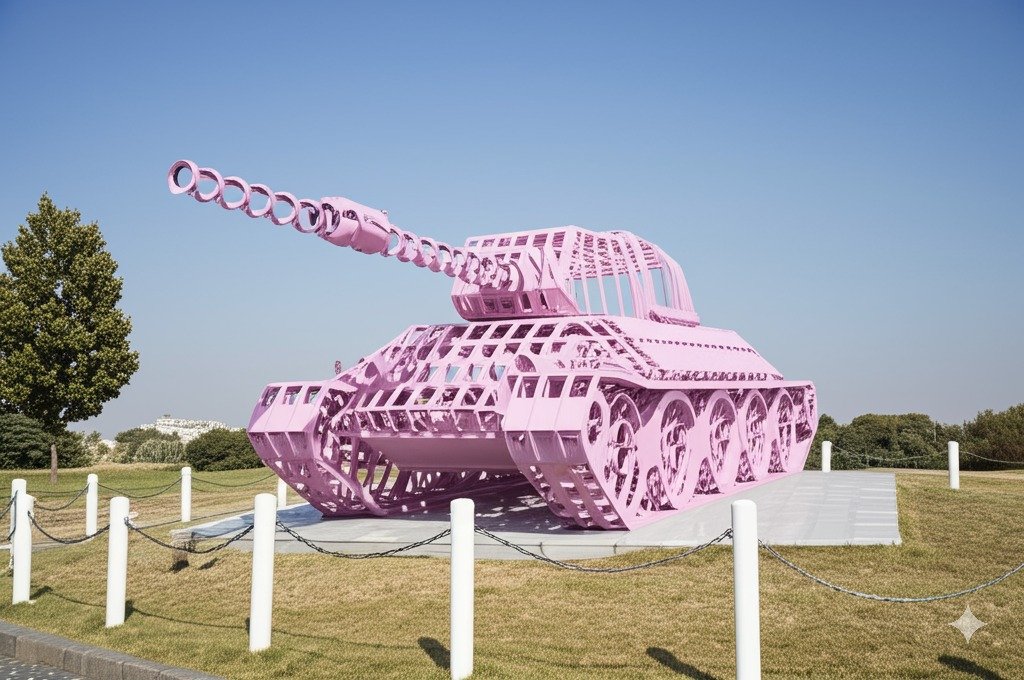Free World vs. Totalitarian Regimes: The Comedy of Power
Let’s face it—if world governments were high school stereotypes, democracies would be that chill group project where everyone gets a say (even if half the team is scrolling through TikTok during meetings), while dictatorships would be that one kid who insists on doing everything themselves because “nobody else will get it right.”
The Succession Dilemma: New Blood vs. Old Brains
In free societies, we’ve perfected the art of the political makeover. Every few years, we collectively decide, “You know what? Let’s try someone new!” It’s like political speed dating, except sometimes we end up with a four-year relationship with someone who promised to call but never texts back.
Meanwhile, in totalitarian wonderlands, succession planning looks suspiciously like waiting for someone to die of natural causes—or causes that suddenly become “natural” when convenient. Nothing says “stable government” quite like a leader whose portrait appears on everything from school textbooks to bathroom tiles for half a century.
“But consistency is key!” cry the defenders of perpetual rule. Sure, just like that milk in your fridge that’s been consistent for three months past its expiration date. What could possibly go wrong?
The Magnificent Dumbing Down
Here’s a fun fact: power doesn’t just corrupt; it apparently gives you a Ph.D. in Everything. At least that’s what longtime rulers seem to think.
Picture this: Year 1 of ruling—”I should consult experts on this economic policy.” Year 30 of ruling—”I’ve decided gravity is optional on Tuesdays. Make it happen.”
In democracies, we solve this problem by regularly replacing our leaders before they reach the “I am literally smarter than Einstein” phase of power. It’s like changing your phone before it starts randomly deleting your contacts and sending embarrassing texts to your ex.
The totalitarian approach? Just rewrite history books to confirm that yes, the Supreme Leader did in fact invent the concept of electricity while taking a bath. Problem solved!

Freedom: The Inconvenient Necessity
Freedom is messy. It’s like having a cat—sometimes it knocks things over, sometimes it ignores you completely, but trying to control its every move only ends with scratched furniture and a creature plotting your demise.
The beauty of freedom lies in its chaos. People make mistakes. They learn. They innovate. They post embarrassing dance videos that somehow launch global trends.
In contrast, totalitarian systems run like a fancy Swiss watch—precise, predictable, and completely unable to adapt when someone drops it in water. Sure, everything looks perfect on paper, until the paper itself becomes illegal because it could potentially be used to write unauthorized thoughts.
The Ultimate Irony
The greatest joke in this cosmic comedy? Dictators who rise to power promising to fix a broken system inevitably become the very system that future revolutionaries vow to overthrow.
It’s the circle of political life—like “The Lion King,” but with more military parades and fewer catchy tunes. Though I’d pay good money to see a dictator perform “Hakuna Matata” while explaining why internet access needs to be restricted “for public safety.”
Your Call to Action (No Pressure)
So what’s the takeaway from this geopolitical roast session? Maybe it’s this: The freedom to choose badly is still infinitely better than having no choice at all. Democracy isn’t perfect—it’s slow, argumentative, and occasionally elects people who make us question our collective judgment.
But at least when we mess up, we get a do-over.
In the words that no dictator has ever said: “My bad! Let’s try something else.”
The choice is yours. Literally. That’s kind of the whole point.





